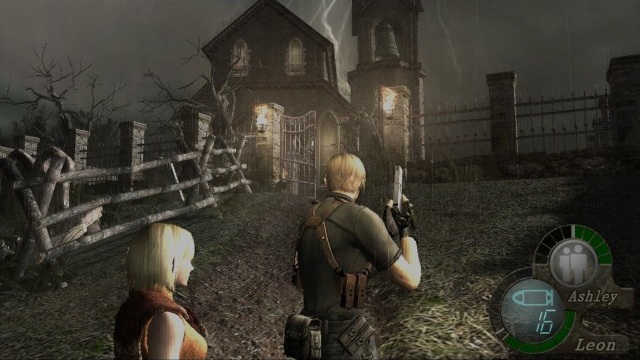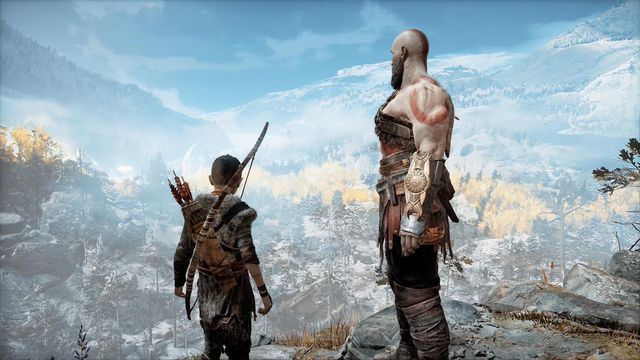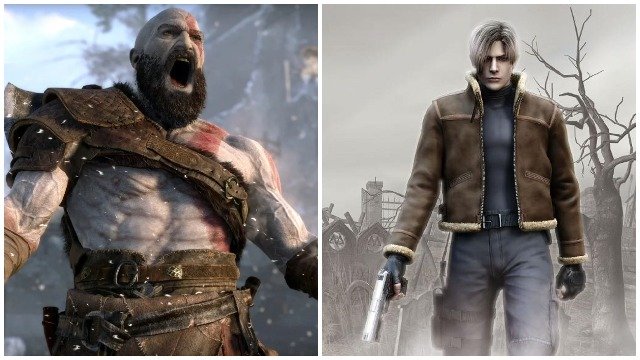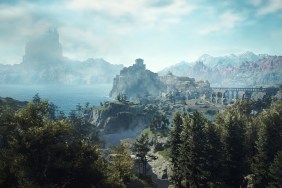God of War has been lavished with a lot of praise, receiving perfect scores from plenty of game outlets (this one included), putting it well ahead of the competition on Metacritic. While there are certainly reasons to praise Sony Santa Monica in its own right, I feel compelled to draw a line at the point when “greatest game of all time” or “game of a generation” tags start coming out.
This isn’t intended as a ‘backlash’ post, but it is an observation on what it means when critics consider a game the best of its generation. I’m conscious that this label was also bandied around for other Sony first-party titles, including Naughty Dog’s Uncharted 4 and The Last Of Us, which also showcased new feats in graphical fidelity as well as emotionally gripping cinematic storytelling centered around aging male protagonists — sounds like a bit of a pattern there, doesn’t it? They’re perfectly enjoyable experiences, but when you get down to the meat of the gameplay, I’m less convinced of anything “game-changing’ or ‘generation-defining,” unless we’re defining this generation by people who are just pleased how much games are like seamless playable movies.
God of War may feel like a huge departure from the rest of the series, and literally to another region’s mythology to boot, but in a wider context, notably the rest of Sony’s first-party lineup, it conforms to a particular kind of big-budget single-player experience rather than turning it on its head. But going further back, it’s difficult to consider a campaign-driven action-adventure blockbuster as generation-defining, simply because none of them have really moved on from the game that set the bar in the first place. That game would be Resident Evil 4.

You probably think I’m joking, but this 13-year old game, first launched on GameCube, and Shinji Mikami’s indisputable masterpiece, is the benchmark for all third-person single-player action games that have come after it. Sure, the graphics look dated, the characterization and plot are schlocky as hell and you can’t even strafe while you’re aiming, but it’s only when I return to it that I realize that no one, not even beardy Kratos with his 4K sheen and Leviathan Axe, has reached the same bar.
Part of what makes Resident Evil 4 so memorable isn’t down to its story, but that also means it doesn’t come with the same kind of pretense and gravitas of a slick cinematic gaming event that wants you to “feel emotion” — it’s very consciously a game revelling in its B-movie schtick (just think of its hilarious one-liners, “Where’s everyone going? Bingo?”) and gamey logic, such as the Merchant who happens to pop up wherever you go packing an arsenal of supplies and upgrades in his coat pockets. God of War even has a pair of dwarves who operate in the same way although it then goes to some length to explain how they conveniently pop up in Kratos’ path. But this padded lore and characterization is a bit superfluous compared to the strange Aussie/Cockney accent uttering, “What are yer buyin’?”
Despite the B-movie aesthetic, Resident Evil 4 was far from a B-game. It’s just that its budget wasn’t spent on the presentation but rather on creating a ridiculously imaginative variety of set pieces, enemies, and assets, many used once before being swiftly discarded. Think of the limited stock merc types you have to kill in Uncharted or the number of draugr or trolls (or one recurring boss fight) in God of War who just have different colour codes but the same canned kill animation, and you start to appreciate all the threats that Resi 4 generously throws at you in what still remains a lengthy campaign by any generation’s standards.

A lot has been said about God of War’s continuous camera shot, which may be a technical marvel but not so easy to appreciate when you often have to cut between your menu and map screens, but how about putting the camera behind Kratos’ shoulder? Once again, you can’t honestly call it groundbreaking when Resident Evil 4 made that dramatic perspective change first. It also served a mechanical purpose in as much as forcing Leon to plant his feet on the ground when aiming felt a deliberate design choice. Other than mimicking the style then, I’m less convinced that this serves Kratos as well, especially when you’re reduced to looking out for awkward on-screen arrows signaling a back attack.
Then there’s Kratos’ son Atreus, who signals a major change for the series to tell a powerful and mature story about toxic masculine violence, but functions more like a cross between Naughty Dog’s invincible story-delivering companions and a mere extension of the protagonist as opposed to an individual character, especially when he shoots arrows at your beck and call or, instantly springs onto your back faster than recalling your axe. It’s a stark contrast to Ashley in Resident Evil 4, who may be a retrograde trope (not including the remark another character makes about her “ballistics”), but at least her vulnerability means you have an active stake in her survival as opposed to just letting her run all over the place without consequence.
When you lay out all these aspects, it’s amazing how ahead of its time Resident Evil 4 was. But it’s far from a prototype that AAA devs suddenly went on to refine and advance. In truth, replaying Resi 4 today it remains just as bold and brilliant as all those years ago, and all the advance in visual fidelity can’t hide the fact that other single-player campaigns that have followed have never bettered it, and for all its raw technical polish, the same goes for God of War.
In any case, we all know that the true game of this console generation is still Bloodborne.











